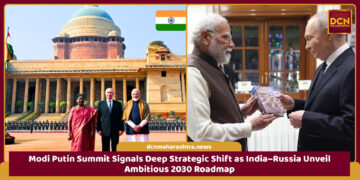Mumbai: The Maharashtra government has reversed its decision to impose a 6% tax on electric vehicles (EVs) priced above ₹30 lakh. Chief Minister Devendra Fadnavis made the announcement in the state legislative council on Wednesday, citing concerns that the tax would discourage EV adoption.
The tax was initially introduced in the 2025-26 state budget by Deputy Chief Minister and Finance Minister Ajit Pawar to generate additional revenue. However, it faced strong opposition from car manufacturers and industry stakeholders, who argued that it contradicted the government’s efforts to promote clean energy and reduce pollution.
During a legislative council debate on EVs and air pollution, Shiv Sena (UBT) leader Anil Parab criticized the proposed tax, stating, “The Maharashtra government’s plan to impose a 6% tax on electric vehicles priced above ₹30 lakh goes against the objective of encouraging cleaner vehicles.”
Responding to the concerns, Fadnavis explained that the tax would have a minimal impact on state revenue but could send the wrong message about Maharashtra’s commitment to sustainable mobility. “It could give the impression that we are against the adoption of electric vehicles. Therefore, the state government has decided to cancel the 6% tax on high-priced electric vehicles,” he said.
Despite scrapping the EV tax, other budgetary changes will come into effect from April 1, 2025. These include:
A 1% tax increase on CNG and LPG vehicles.
A 7% tax on construction and light goods vehicles.
Maharashtra is rapidly emerging as a key hub for electric vehicles, with new manufacturing plants coming up in Pune and Chhatrapati Sambhaji Nagar. Over 50% of the state’s newly registered vehicles are electric, highlighting growing adoption.
To further boost EV usage, the government is setting up charging stations across the state and rolling out 2,500 electric buses for public transport in phases. CM Fadnavis emphasized that transitioning to EVs is crucial for reducing air pollution, as petrol and diesel vehicles remain major contributors to the problem.
















